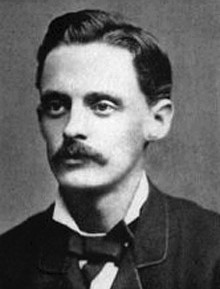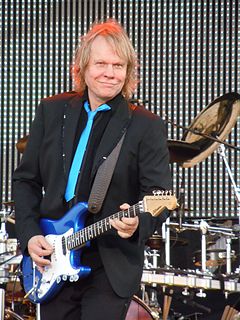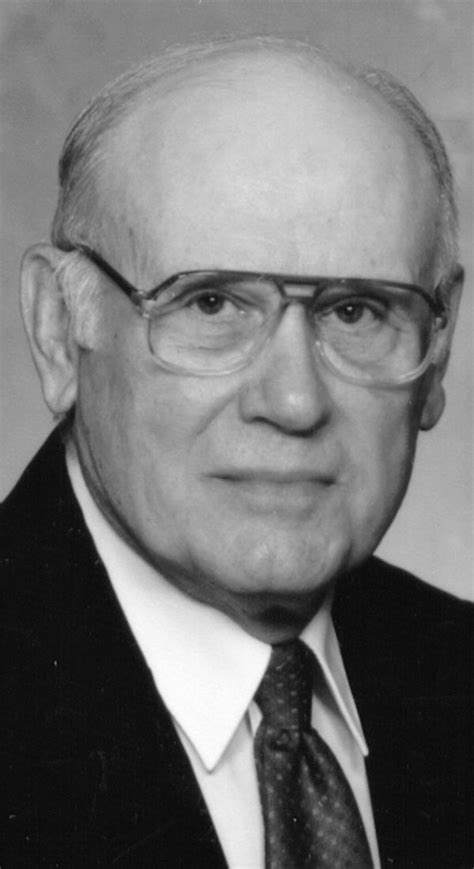A Quote by Elihu Thomson
The so-called ‘crank’ may be quite original in his ideas. … Invention, however, in the engineering sense involves originality; but not that alone, if the results are to be of value. There is imagination more or less fertile, but with it a knowledge of what has been done before, carried perhaps by the memory, together with a sense of the present or prospective needs in art or industry. Necessity is not always the mother of invention. It may be prevision.
Quote Topics
Related Quotes
Originality is another criterion of aesthetic value. We may formulate an originality principle, according to which highly valuable works of art provide hitherto unavailable insights.... Notice that, although originality is a necessary condition of high aesthetic value, it is far from a sufficient condition. Many original works have little or no aesthetic value. An artwork may present a novel but uninteresting perspective, or one that is original but wrong.
We have a duty towards music; namely to invent it. ...Invention presupposes imagination but should not be confused with it. For the act of invention implies the necessity of a lucky find and of achieving realization of this find. What we imagine does not necessarily take on concrete form and may remain in a state of virtuality; whereas invention is not conceivable apart from its actually being worked out.
In order that people may be happy in their work, these three things are needed: They must be fit for it: they must not do too much of it: and they must have a sense of success in it - not a doubtful sense, such as needs some testimony of others for its confirmation, but a sure sense, or rather knowledge, that so much work has been done well, and fruitfully done, whatever the world may say or think about it.
By this we may understand, there be two sorts of knowledge, whereof the one is nothing else but sense, or knowledge original (as I have said at the beginning of the second chapter), and remembrance of the same; the other is called science or knowledge of the truth of propositions, and how things are called, and is derived from understanding.
...those experiments be not only esteemed which have an immediate and present use, but those principally which are of most universal consequence for invention of other experiments, and those which give more light to the invention of causes; for the invention of the mariner's needle, which giveth the direction, is of no less benefit for navigation than the invention of the sails, which give the motion.
Inventive genius requires pleasurable mental activity as a condition for its vigorous exercise. "Necessity is the mother of invention" is a silly proverb. "Necessity is the mother of futile dodges" is much closer to the truth. The basis of growth of modern invention is science, and science is almost wholly the outgrowth of pleasurable intellectual curiosity.
Many causes may vitiate a writer's judgement of his own works. On that which has cost him much labour he sets a high value, because he is unwilling to think that he has been diligent in vain: what has been produced without toilsome efforts is considered with delight as a proof of vigorous faculties and fertile invention; and the last work, whatever it be, has necessarily most of the grace of novelty.




































